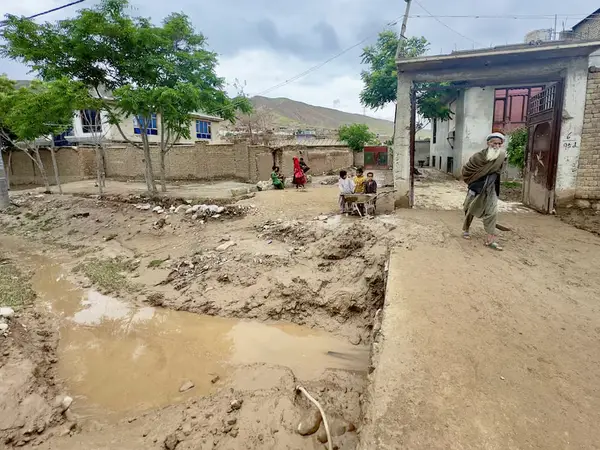RASC News Agency: The Famine Early Warning Systems Network (FEWS NET) has reported a dire situation for flood-affected families in northeastern and central Afghanistan, with one in every five families potentially facing severe food insecurity. The recent floods, coupled with ongoing economic challenges, have significantly disrupted the livelihoods of these households.
Supported by the United States Agency for International Development (USAID), the report highlights that insufficient job opportunities have led to reduced purchasing power in urban areas. Despite a steady decline in food prices, many urban households are struggling due to limited access to employment and a decrease in remittances. The report states: “Urban households continue to face challenges with limited purchasing capacity, exacerbated by restricted access to job opportunities and a reduction in remittances, despite the ongoing decrease in food prices.”
The situation for flood victims has been described as increasingly difficult. Recent natural disasters, particularly in the provinces of Baghlan and Nangarhar, have caused significant loss of life and property. Those affected have urgently called on humanitarian organizations for assistance. The report further notes that during these floods, many lives were lost, homes were destroyed, and a considerable number of livestock perished.
Moreover, the stabilization of essential food prices in Afghanistan in recent months is attributed to continuous harvests of wheat, vegetables, and fruits, which have boosted market supply. The stable exchange rate of the kabuli currency against the dollar and steady oil prices have also contributed to this stability. It is noteworthy that since the Taliban’s takeover of Afghanistan, the country has been grappling with widespread unemployment and poverty.






